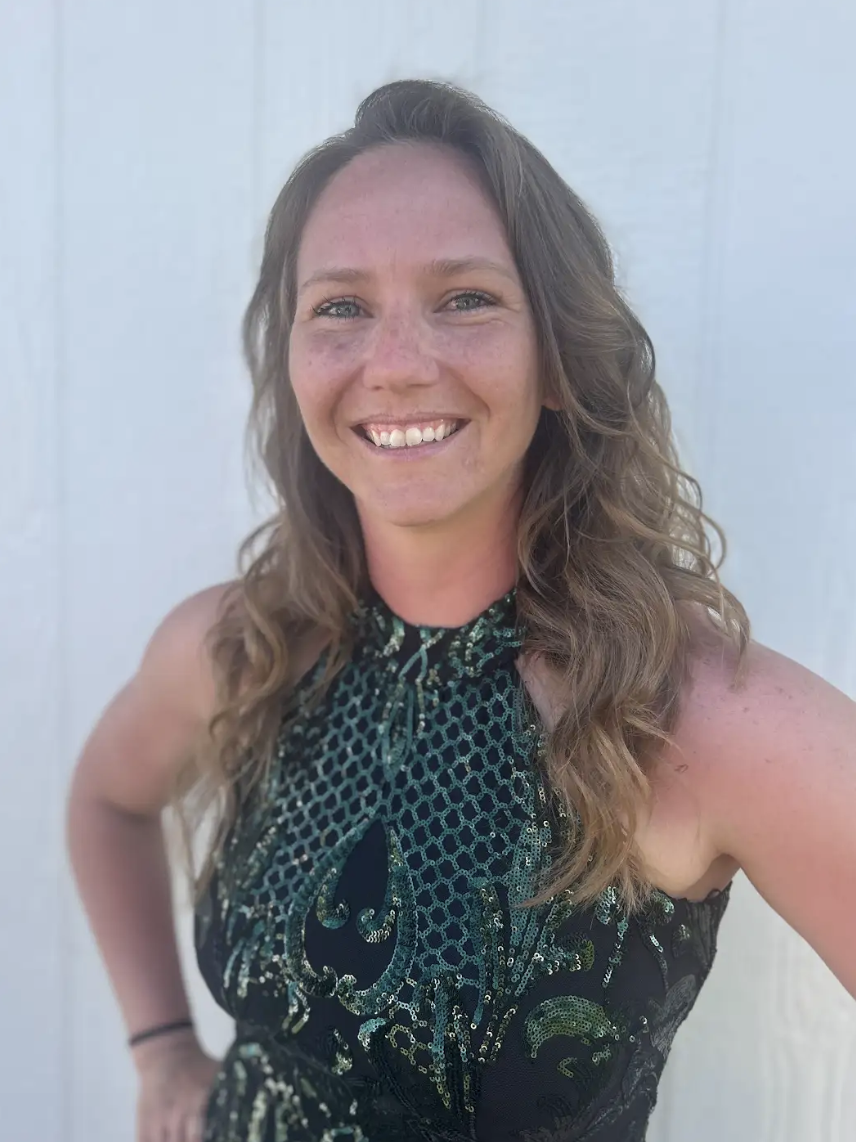On the Case: Former Law Enforcement Officer Practices “Verbal Judo” in Child Welfare

When Miranda Elliott asked her parents what she should be when she grew up, they
suggested she go into law enforcement due to her strong personality. Sure enough,
that’s what she did. But after working in the jail in Montezuma County for almost four
years and then in the sheriff’s office at Dolores County, Miranda decided to make a
change and took a role in adult and child protective services with Dolores County. Three
years later, she hasn’t looked back. Today, she feels an immense sense of gratitude for
the role she has played in supporting families in her small community.
There are many skills that Miranda acquired in law enforcement that translate in her
new career, like her ability to stay calm and collected in high-stress situations. When
Miranda was interning with the Cortez Police Department, she also learned about
“verbal judo,” an empathy-based technique taught to law enforcement officers that aims
to de-escalate situations and encourage cooperation.
“You don’t have to agree with what a family is doing, but you can understand why they
might be doing it,” said Miranda. “For example, if parents are leaving older siblings
alone with younger siblings, instead of judging that decision, I ask why. Typically, it’s
because of outside factors like work, transportation, lack of child care, etc. When we
understand the “why,” we can come up with solutions to improve the situation. That’s
practicing verbal judo.”
As a child welfare team of four, Miranda and her colleagues tackle all aspects of child
welfare from start to finish – from the assessment to meeting with families, determining
risk levels and developing a plan to support the child and family.
“Dolores County is a unique area with very limited to no resources,” said Miranda. “That
means we have to think way outside the box and really get creative about solutions with
families.”
One of the most relevant examples is access to youth mental health services, which
don’t exist in Dolores County. Instead, Miranda helps facilitate telehealth visits in her
office, works with therapists to come to the community to meet with kids and provides
free behavioral health session vouchers to families to encourage them to make the drive
to a nearby town.
Miranda is also a youth sports coach and values the trust placed in her by both the
teenagers she coaches and the young people she supports in child welfare.
“Kids feel comfortable having heart-to-heart talks with me,” said Miranda. “When they
feel like I can solve a problem, it motivates me to do everything I can to fix that problem
for them. I truly want to be a voice for those who don’t have a voice.”
When Miranda meets with a family for the first time, she is transparent and open with
them about what to expect. She lets them know she’ll meet their kids, learn about their
hobbies and how they’re doing in school, then she’ll walk through the house and talk to
the parents about the allegations, wanting to learn more about what’s really going on
and why.
“The more transparent I am with the parents and kids about the process and what to
expect, the more trust we build at the start of our interaction,” explained Miranda. “Once
families talk to me, they realize I’m truly there to help them. They appreciate my ‘go-
getter’ personality – if we have a goal, we’ll fix it. And if we can’t fix it one way, we’ll find
another.”
More Posts







